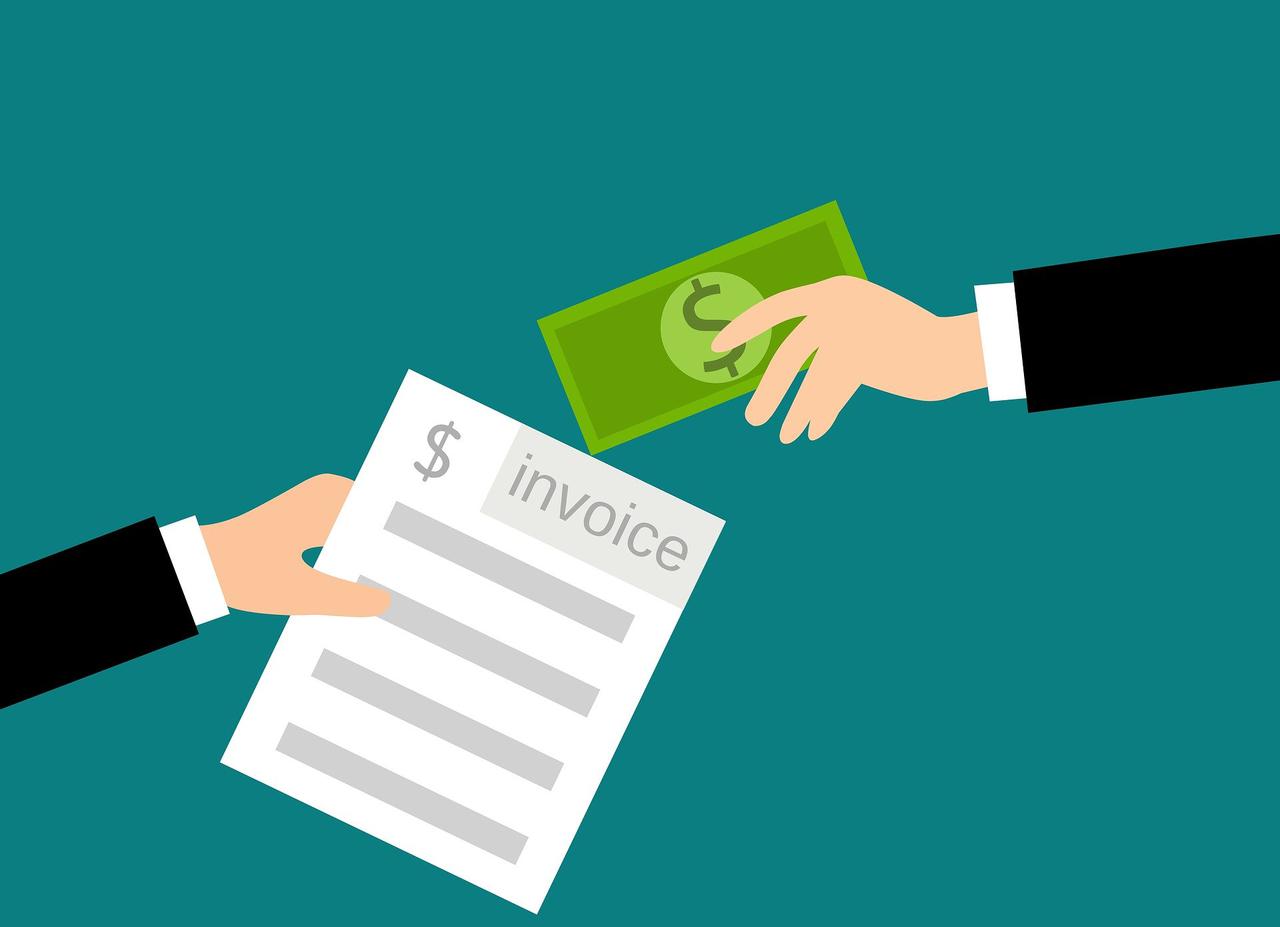Signs you might need debt factoring
Most companies do not ask for cash on delivery when selling bulk goods and services, especially when trading with other businesses. In such cases, sellers usually offer flexible payment terms extending over a few weeks or months. Doing so helps the business increase its sales volume and develop lasting relationships with its customers. The only downside is that the seller must hold on to invoices until the customer pays the debt due.
Waiting for open accounts receivables to materialize is sometimes not an option for businesses with stiff cash flows — this is where debt factoring comes in handy. Factoring is a way to get an advance on accounts receivables instead of waiting for buyers to pay. All you have to do is send us your invoice, and after a quick review of the document and both parties’ creditworthiness, we can then factor as much as 95 percent of the quoted figure upfront in just a day.
That is basically how refactoring works. Here are three signs your business could use debt factoring:
1. Low cash flow to meet deliveries
Small and medium-sized businesses often need regular injections of cash to sustain their working capital cycle. With a lot of revenue and yield tied up in non-bankable receivables, the firm can inevitably deplete its cash reserves. In the worst cases, this may result in order cancellations or delayed deliveries. And if that happens, the firm could potentially lose clients and business reputation.
Invoice discounting offers a quick financial fix to keep operations going, even when working with a customer-friendly payment model. It also shortens the cash flow cycle, making resources readily available to drive even more output.
2. Running or establishing a startup
Startups can be notoriously difficult to finance if you do not have enough cash at hand, especially during the early stages when the business is largely unproven and barely profitable. Banks and other financial institutions consider most startups to be high-risk ventures. Lenders sometimes do agree to finance them, but the loan amount is usually limited and given under stringent terms.
Debt factoring is a much easier way to continuously reinvigorate a productive startup that is starved for cash. A steady and predictable stream of revenue should empower business growth and nurture the enterprise during its vulnerable infancy period. Factoring may also be a convenient alternative to bringing in capital investors and accumulating liabilities so early in the game.
3. Trying to avoid loans
There are many reasons you would want to stay away from business loans. It could be that your company is at a sensitive financial juncture where taking on additional loans would be unwise. Also, small business loans are often associated with rather unfair contingencies such as collateral. Short repayment periods and high interest rates may even defeat the purpose of some short-term loans. Taking out loans is not necessarily wrong, but sometimes it makes more sense to seek provisional financing elsewhere.
Factoring accounts receivables is an excellent way to claim stalled funds for reinvesting or sealing off financial gaps while avoiding unnecessary debt. Moreover, factoring companies only charge a small service fee for every factored invoice; the cost is usually much less than the total interest on a loan of the same value. Besides, the whole point of factoring is to access your own money, so there are no strings attached or repayments to worry about.
The takeaway
Dept factoring helps SMEs improve their cash flow and accelerate growth by making working capital available on demand. For the most part, liquidating debt and accounts receivables is more economically viable than inviting liabilities.
Get in touch with us today and get your invoices factored in only 24 hours — leave the waiting to us and instead carry on with your business. What’s more, you do not need to pay any interest or incur debt on factored invoices at BP Financing.

